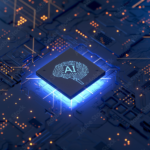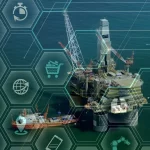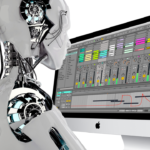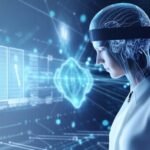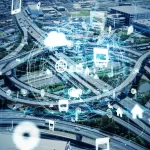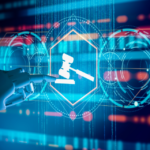AI progress is scaring people
/ /
As artificial intelligence (AI) continues to advance at an astonishing pace, it is not uncommon for people to feel a sense of unease or fear surrounding its implications. While these concerns are valid, it is important to approach the progress of AI with a balanced perspective. In this blog post, we will explore the reasons behind people’s apprehension towards AI, address common fears, and highlight the significance of understanding and responsible development to alleviate these concerns.
- Understanding the Fear: Fear of the unknown is a natural human response, and the rapid progress of AI can be perceived as an uncertain and disruptive force. Hollywood movies often depict AI as a malevolent force intent on overpowering humanity, adding fuel to people’s concerns. However, it is essential to separate fact from fiction and gain a clear understanding of the current capabilities and limitations of AI.
- Addressing Job Displacement: One common fear is the potential impact of AI on employment. Automation and AI-powered systems have the potential to streamline processes, leading to concerns about job displacement. However, historical precedents have shown that technological advancements often create new job opportunities and reshape industries. By focusing on upskilling, retraining, and embracing AI as a tool, we can navigate the changing job landscape more effectively.
- Ethical Considerations and Bias: Another fear relates to the ethical implications of AI, such as the potential for biased decision-making or breaches of privacy. Responsible development and deployment of AI systems, coupled with robust regulations and oversight, are crucial to mitigate these concerns. Transparency, fairness, and inclusivity must be integral parts of AI development processes to ensure ethical outcomes and address potential biases.
- Human-AI Collaboration: Contrary to popular belief, AI is not meant to replace humans, but rather to augment our abilities. The concept of human-AI collaboration recognizes that AI can enhance productivity, decision-making, and problem-solving when combined with human expertise. Embracing this collaboration allows us to leverage AI’s strengths while retaining our human qualities, creativity, and critical thinking skills.
- Empowering Society through AI: AI has the potential to positively transform numerous sectors, including healthcare, education, and environmental sustainability. By harnessing the power of AI for societal benefit, we can address pressing challenges, improve accessibility to resources, and enhance quality of life. Focusing on the potential positive impact of AI encourages a more optimistic and constructive outlook.
Posted in Blogs





